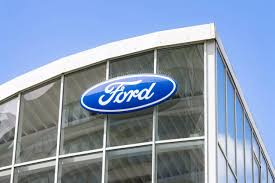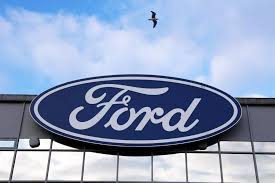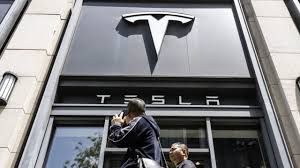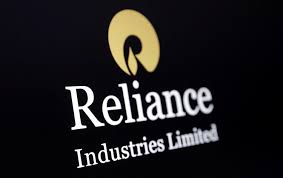Ford’s European Crisis: Why the Automaker Is Investing Big in Germany
Ford Motor Company is making a massive $4.8 billion bet to stabilize its struggling German operations as it faces mounting challenges in the European automotive market. The automaker’s investment aims to reduce debt, restructure its European business, and counter rising competition from Chinese electric vehicle (EV) manufacturers that are rapidly gaining ground.
Why Ford Is Pouring Billions into Germany
The decision to inject nearly €4.4 billion into Ford-Werke GmbH, the company’s German subsidiary, comes at a crucial time. Ford’s European operations have been under significant pressure, with declining market share, weaker sales, and financial losses in its EV division.
John Lawler, Ford’s vice chairman and chief financial officer, explained that the investment will focus on streamlining governance, cutting costs, and improving operational efficiency. The company is determined to maintain its foothold in Europe, despite stiff competition from both legacy automakers and emerging EV brands.
Ford’s Struggles in the European Market
Ford has faced a series of setbacks in Europe, including:
- Declining Market Share: Ford’s share of new car sales in Europe has fallen to just 3.3%, with a particularly sharp drop in the UK, where sales plummeted 23% in 2024, reducing its market share to a historic low of less than 6%.
- EV Challenges: Despite launching new electric models like the Puma Gen-E, Capri, Explorer crossover, and Mustang Mach-E, Ford has struggled to replicate the success of past bestsellers such as the Fiesta and Focus.
- Financial Pressures: The company reported a $5.1 billion loss in its EV segment last year, highlighting the financial strain of transitioning to an all-electric future.
Rising Competition from China and the EV Shift
One of the biggest threats to Ford’s European operations is the influx of affordable electric vehicles from Chinese automakers. These companies are offering high-quality, low-cost EVs that are putting pressure on legacy automakers like Ford and Volkswagen. In response, Ford is not only restructuring its business but also calling for European policymakers to create stronger incentives for EV adoption and align emissions targets with consumer demand.
John Lawler has emphasized the need for increased government support, particularly in the wake of reduced EV subsidies that have led to a decline in sales across key European markets.
Will Ford’s $4.8 Billion Bet Pay Off?
Ford’s massive investment in Germany highlights its commitment to staying competitive in the evolving European auto market. However, its success will depend on how well it executes its restructuring plan, how its new EV models are received, and whether governments step in to support the transition to electric vehicles.
For now, the company is betting big on its ability to adapt, but the road ahead remains uncertain as Ford navigates one of the most challenging transitions in its history. Investors and industry experts will be watching closely to see if this bold move can turn things around for Ford in Europe.







